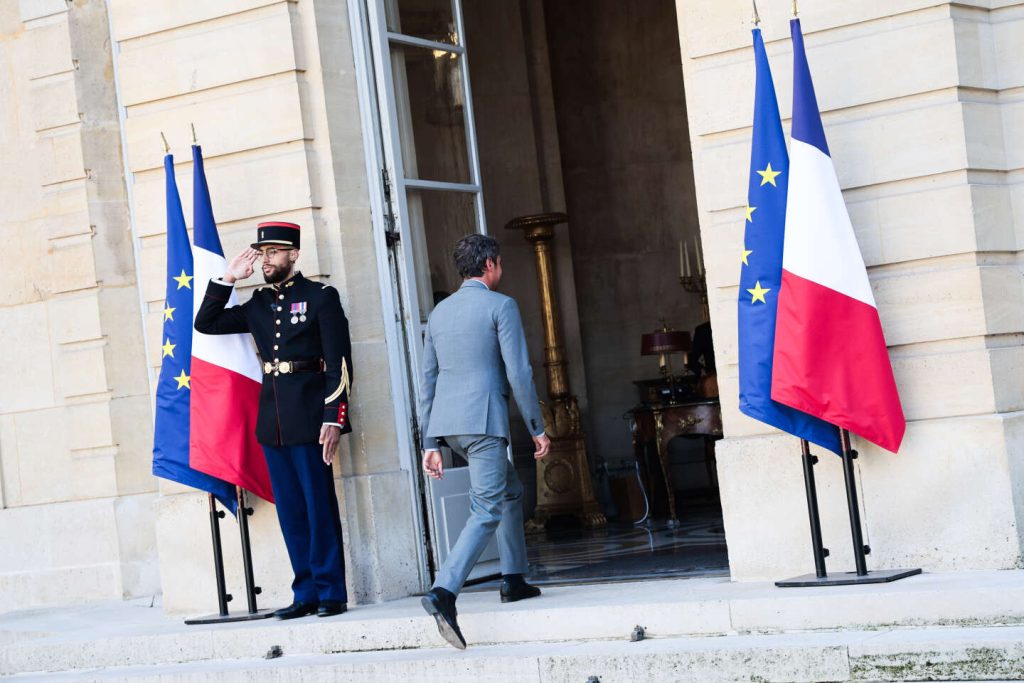The arrival of Gabriel Attal, leader of the Renaissance deputies, at Matignon, as Prime Minister Michel Barnier receives various political groups to form his government, in Paris on September 19. While the overall structure of Michel Barnier’s government is not widely contested, the names being circulated, which suggest a strongly right-wing government, have caused tensions within the presidential coalition. The presence of Bruno Retailleau, a figure from the conservative right, particularly irks the Macronists. Retailleau, who has been offered the position of Minister of the Interior, is seen as representing the far right, and his inclusion in the government is seen as problematic by some allies of the former majority.
Some figures from the conservative right, such as Annie Genevard, Julien Dive, and Philippe Juvin, have been considered for ministerial positions and are viewed more favorably by some. However, the potential inclusion of Laurence Garnier, a senator close to Bruno Retailleau and known for her conservative views on issues such as same-sex marriage and abortion, has been met with criticism from the left and some within the presidential camp. Emmanuel Macron himself raised concerns about Garnier’s controversial profile, which led to discussions about potentially moving her to a different position. This move has been contested by members of the Republican right.
In this tense atmosphere, Sophie Errante, a socialist deputy from Loire-Atlantique who was one of the first to join Emmanuel Macron in 2017, announced her departure from the Ensemble for the Republic (EPR) group, which brings together Renaissance deputies. She cited the shift to the right in Michel Barnier’s government as a reason for her decision, stating that it goes against the principles that led her to support Macron in the first place. Despite being re-elected in the legislative elections, she will now sit among the non-attached members of parliament. The disappointment felt by Errante reflects wider concerns within the political landscape about the direction of the new government.
Overall, the potential composition of Michel Barnier’s government has created divisions within the presidential coalition and raised questions about the direction of the administration. While some names being considered for ministerial positions are seen as acceptable, others, particularly those associated with the conservative right, have been met with criticism from various quarters. The presence of figures such as Bruno Retailleau and Laurence Garnier has sparked debates about the inclusivity and ideological balance of the government, and some members of the coalition are expressing their concerns about the implications of these choices for the future. As the government formation process continues, the tensions and discussions surrounding the potential lineup underscore the complexities and challenges of forming a coalition government in today’s political landscape.


